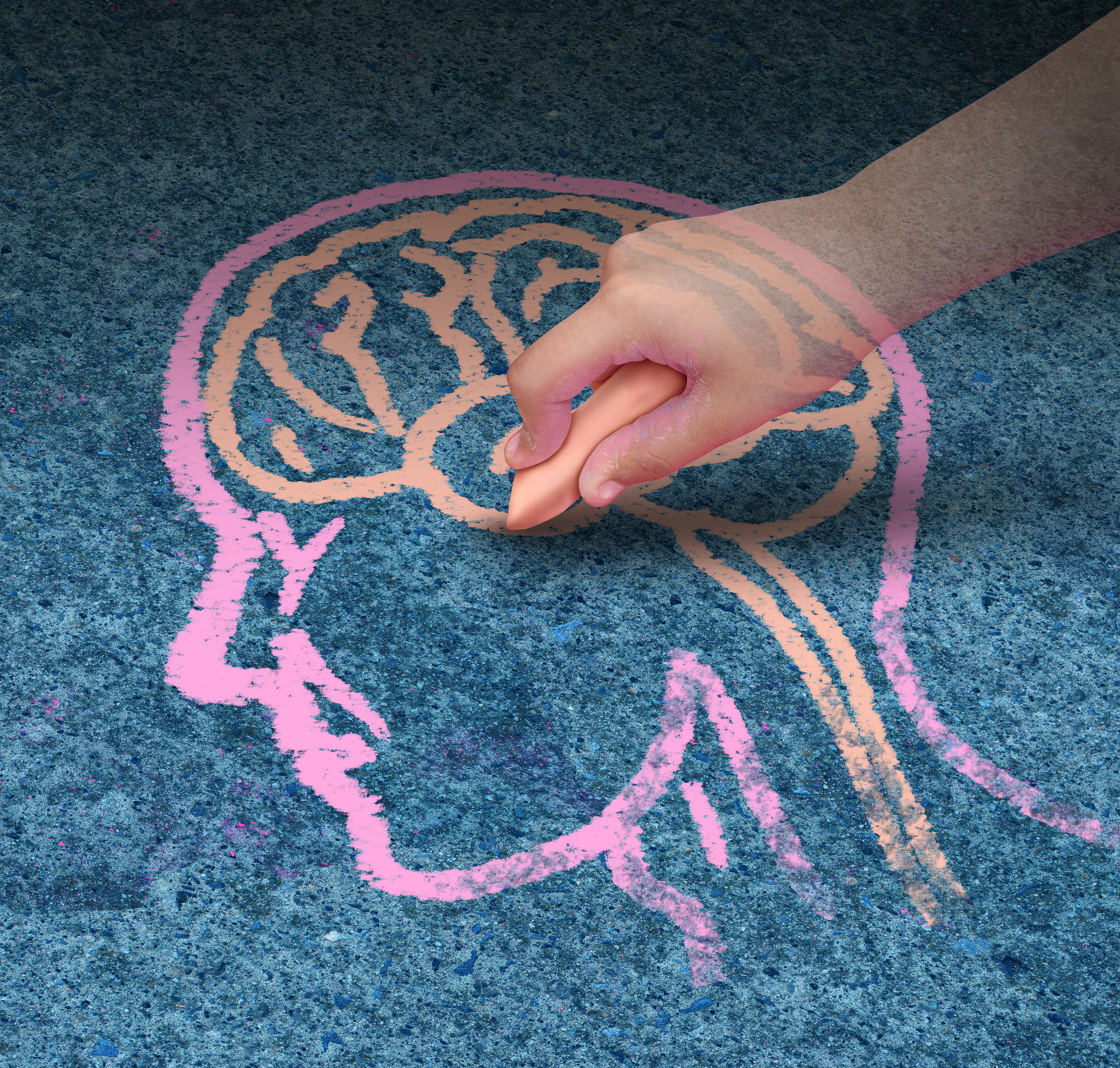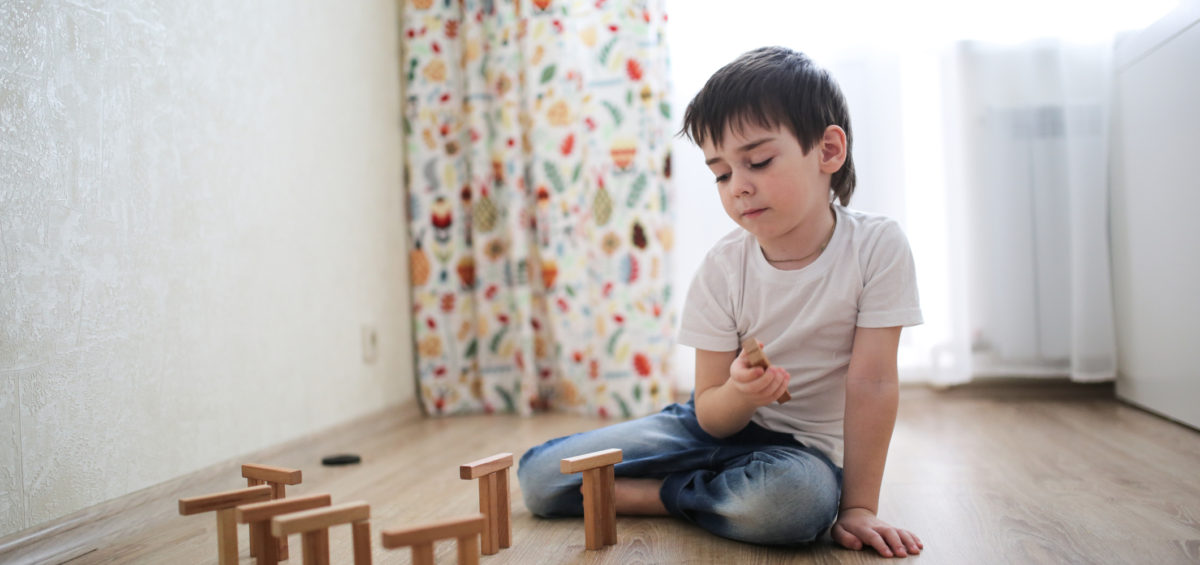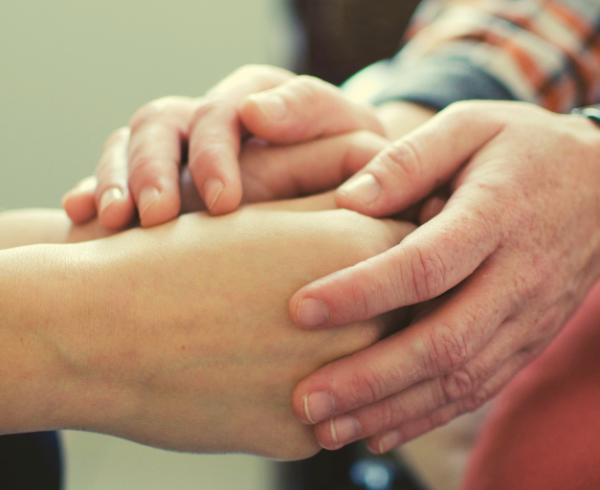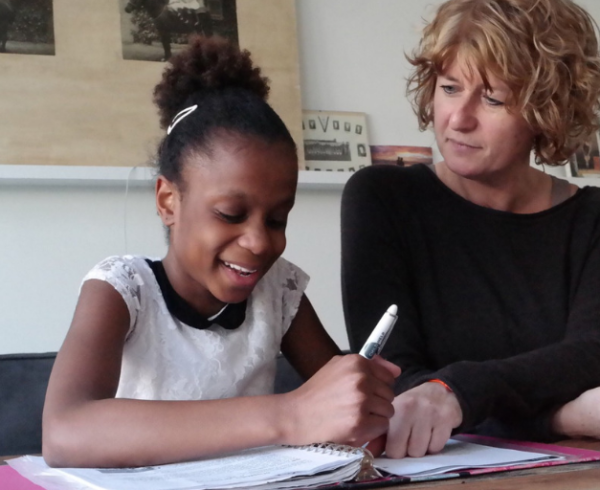“Step on a crack, and you break your mother’s back.” We’ve probably all heard this before, and maybe even avoided stepping on cracks when we first heard this as children for fear of being responsible for such a significant consequence. Having weird, random thoughts about overresponsibility, or superstitious beliefs is common enough, especially in childhood –but what happens when these thoughts begin to take over and become repetitive, intrusive, and intensely distressing? Obsessive-compulsive Disorder, or OCD, is a type of anxiety disorder that commonly begins in childhood and is characterized by both obsessions, or repetitive unwanted thoughts, and compulsions, or behaviours that are intended to reduce the anxiety associated with these thoughts or to “neutralize” these distressing thoughts. Common compulsions including checking things over and over, counting a certain number of times, re-reading or re-writing, excessive reassurance seeking, and other ritualistic behaviour.

Detecting OCD in children and adolescents
As a parent or teacher, it can be difficult to detect OCD in children and adolescents when it is primarily obsessive OCD, or when compulsions are primarily mental in nature (e.g., counting or repeating certain words mentally). You might notice, however, that the child/adolescent is taking longer than usual to complete tasks (e.g., leaving the house, completing homework), or may get intensely distressed if things are not done in a particular way.
OCD might be more apparent when there are overt compulsions, such as re-doing something until it is “just right,” washing or cleaning over and over, avoiding certain “contaminants,” or other ritualistic behaviour that might involve others’ participation (e.g., night time rituals that have to be performed in a very particular way).
If you suspect that a child/adolescent may be experiencing OCD symptoms, it is worth getting them assessed by a professional, as OCD is quite treatable with CBT and specifically, Exposure and Response Prevention, or ERP.
Treating OCD with ERP
Exposure and Response Prevention is an evidence-based treatment for OCD in children and adolescents. In treatment, children are given a set of tools for “bossing back,” or resisting OCD compulsions, and are taught how to break down this bossing back into a series of steps on a ladder, which they climb from the easiest steps to the most challenging (which they rate using a fearmometer). They learn to “take back their land” from OCD through systematically resisting OCD’s demands. Parents also take part in treatment through learning more about OCD, and on steps that they can take to support their child in talking back to OCD. If you suspect that your child may have OCD, we can help.
Here are some more resources:
Suggested Reading for Kids with OCD:
Up And Down Worry Hill Learn More
Mr. Worry Learn More
Blink, Blink, Clop, Clop Learn More
What To Do When Your Brain Gets Stuck Learn More
Without Doubt!: An illustrated therapeutic story for children with OCD Learn More
Suggested Reading for Parents and Caregivers
Talking Back to OCD Learn More
When a Family Member has OCD Learn More
Freeing your Child from OCD Learn More
Worried No More Learn More
The I’Mpossible Project Visit
Trailer for OCD Kids video:



Recent Comments